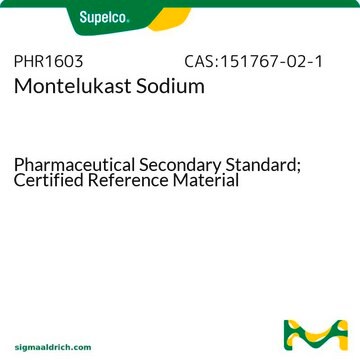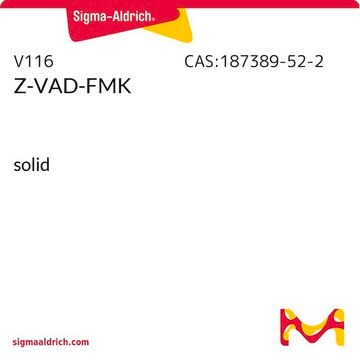D1069
Desloratadine
powder, ≥98% (HPLC)
Synonym(s):
8-Chloro-6,11-dihydro-11-(4-piperidinylidene)-5H- benzo[5,6]cyclohepta[1,2,b]pyridine, Clarinex®, NSC 675447
About This Item
Recommended Products
Quality Level
Assay
≥98% (HPLC)
form
powder
solubility
DMSO: >10 mg/mL
storage temp.
2-8°C
SMILES string
Clc1ccc2c(CCc3cccnc3\C2=C4\CCNCC4)c1
InChI
1S/C19H19ClN2/c20-16-5-6-17-15(12-16)4-3-14-2-1-9-22-19(14)18(17)13-7-10-21-11-8-13/h1-2,5-6,9,12,21H,3-4,7-8,10-11H2
InChI key
JAUOIFJMECXRGI-UHFFFAOYSA-N
Gene Information
human ... HRH1(3269)
Looking for similar products? Visit Product Comparison Guide
Application
Biochem/physiol Actions
Legal Information
Storage Class Code
11 - Combustible Solids
WGK
WGK 1
Flash Point(F)
390.2 °F - Pensky-Martens closed cup
Flash Point(C)
199 °C - Pensky-Martens closed cup
Certificates of Analysis (COA)
Search for Certificates of Analysis (COA) by entering the products Lot/Batch Number. Lot and Batch Numbers can be found on a product’s label following the words ‘Lot’ or ‘Batch’.
Already Own This Product?
Find documentation for the products that you have recently purchased in the Document Library.
Customers Also Viewed
Our team of scientists has experience in all areas of research including Life Science, Material Science, Chemical Synthesis, Chromatography, Analytical and many others.
Contact Technical Service










